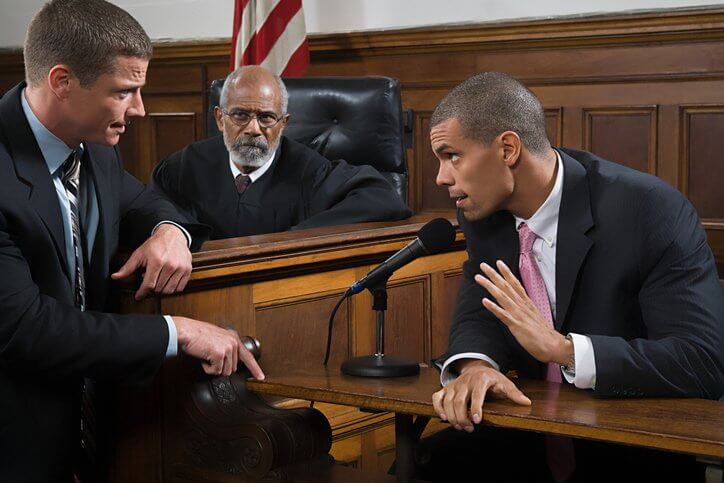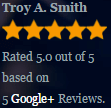People will often wonder if it’s wise to represent themselves in a criminal case. The U.S. Constitution guarantees the right to represent ourselves in a court of law. There are a variety of reasons why someone would lean in this direction. You might feel as though your case is straightforward. You may think a lawyer would be too expensive. Maybe you don’t trust an assigned public defender. Regardless of the reason why you might believe it’s a good idea to represent yourself in a criminal case, it’s essential to understand what pro se representation entails. In this article, we showcase a few key advantages and disadvantages of representing yourself in a criminal case.
Advantages of Representing Yourself in a Criminal Case
You Save Money
This is one of the main reasons why you might choose to represent yourself in a criminal case. No one can argue that defense attorneys cost money. Some might even require you to pay a hefty fee up front before they agree to represent you. Legal expenses are often a key concern for those facing criminal charges. If the cost of a criminal defense attorney concerns you, it’s strongly recommended to do your research and understand the task you’re taking on before you waive your right to an attorney.
You Know Your Case
Another reason why you might think you should represent yourself in a criminal case is that you know your case better than anyone. You want your day in court. You have a strong urge to defend yourself. In addition, you may not believe that someone else can defend you as well as you can. Representing yourself might help you to feel powerful and give you a sense of control over your situation. However, it’s important to remember that while you may know your case better than anyone, you still need to navigate the legal system to plead your case.
Disadvantages of Representing Yourself in a Criminal Case
You’re Unfamiliar with the Legal System
If you’re unfamiliar with the legal system, this can turn into a significant disadvantage. Even those who know their case well might not understand the legal challenges of defending themselves. For instance, there are laws that you need to follow when presenting evidence. Proving that you’re not guilty is not as straightforward as it sounds. There are procedural rules and guidelines for defending yourself. Unfortunately, there can be a lot of complications for those without legal training.
You Lose Your Safeguard
Remember that your defense attorney acts as a buffer between you, the judge, and the jury. Attorneys will often recommend for their clients not to speak in court because they can accidentally make a statement that could work against them. Your attorney can protect you from saying something that might offend a judge or jury. When you choose to represent yourself in a criminal case, you lose that protection.
You Don’t Know Legal Terminology
If you were confused by the language used in your arrest or your court documents, you’re not alone. Most people don’t understand the legalese that’s used in our justice system. Attorneys must master legal terminology before they can begin representing clients in court. Being completely unaware of the legal jargon involved in your case can make you look unfavorable in court. If you’re arguing about the wrong things, at the wrong time, with the wrong legal terms, you’re going to make many people very angry. Remember that time is valuable to the people in a courtroom. You don’t want to waste it.
It Looks Bad
The experience of a defense attorney will persuade the jury more than someone who is facing charges. Even if you’re one-hundred percent certain of your innocence, representing yourself in a criminal case may look bad. Self-representation can be lousy optics for your case.
You’re Unfamiliar with Local Prosecutors
Many people facing criminal charges receive offers for plea deals. This is when you plead guilty under the agreement of a better sentence or a lesser charge. A defense attorney is likely familiar with your local prosecutors, making them far better at negotiating than you will be. They’ll be able to determine if you should take a deal or refuse it.
If You’re Unsure if You Should Represent Yourself in a Criminal Case
If you’re still unsure if you should represent yourself in a criminal case, you should consult with an attorney as soon as possible. A criminal defense attorney can help you decipher if your case is minor, straightforward, and can be handled without representation. However, if you’ll notice above, the disadvantages greatly outweigh the advantages. You’d be taking a significant risk by representing yourself in court. Contact a trusted criminal defense attorney today to learn more about your options.












